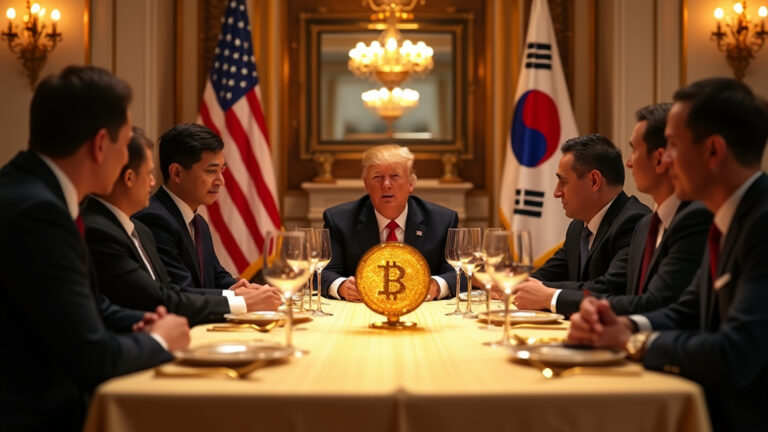The United States and China have an ongoing geopolitical conflict that has developed over time and now has a distinct influence on the prific picture of technology business, especially the key areas of focus of artificial intelligence. Advanced AI technology and chips are of strategic importance to the global industry so they are of interest in this competition. The latest development is focused on the decision of the US authorities to limit the sale of sophisticated American AI chips to Chinese companies.
US Restrictions Target Nvidia’s H20
While officially designed to slow the growth of Huawei and the Chinese AI chips industry, this action in particular Nvidia’s H20 processor could, if anything, present an unexpected opportunity for the Chinese telecommunications giant to grow its position in the greater China region. Now, the US government has issued new measures which may in effect bar Nvidia, one of the world’s leading companies in chips design, from marketing its H20 processors to China.
Echoes of Past Policies
This is also reminiscent of the mindset adopted by the Trump administration where attempts were made to deny access to semiconductor technology for Chinese firms, especially those connected to Huawei.
The rationale supporting these requirements is the notion that China’s access to sophisticated chips being used in AI technologies and sophisticated chipsets is China’s development capabilities, which would in turn aid US interests of national security and technology superiority.
Unforeseen Gains for Huawei
This strategy, however, could also backfire and offer Huawei a competitive edge in the highly contested Chinese AI chip market. Specifically, the Nvidia H20 was created as a self-sufficient AI chipset to fit US trade regulations but still service the high demand for AI processing in China.
Chinese Tech Titans Depend on H20
It is well-known that these Chinese tech giants, including heavyweights like ByteDance, Tencent and Alibaba, have been using Nvidia H20 chips for newer AI model developments because they are much cheaper. The Nvidia H20’s economic value makes it appealing to numerous Chinese technology companies.
US Security Concerns Initiate Movement
Now that US authorities shifted their stance to preventing the flow of H20 to China over fears that the chip’s function in supercomputers would have US security concerns, these large Chinese clients may need to find alternative domestic options.
Huawei Gaining on the US Restriction
In the case of a company like Huawei, which is virtually under US sanctions for several years now, stands to gain. With all the restrictions Huawei faces now, he has also been investing and making progress on developing his own AI chip technology. His Ascend 910C chip is reported to achieve approximately 60 percent of the inference performance of the Nvidia`s high end H100 processor, showing where Huawei is in this very critical area.
Huawei Set for Expansion in China’s AI Frontier
So if US policies result in Nvidia’s H20 pulling out from the China market, then this is most likely the case where Huawei would be able to capitalize on it greatly expanding its capture within the AI market, no doubt surging its internal revenue. This would significantly reduce Nvidia’s stronghold on this segment of the Chinese AI market but could also serve as an enormous stimulus towards Huawei’s continual growth and adaptive fortitude to international stressors. All things considered, this situation highlights Huawei’s main opportunity as Nvidia’s major constraint and expands the complexities of strategical competition while eating into the latter’s interest.

















